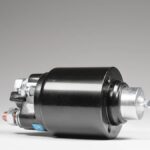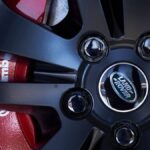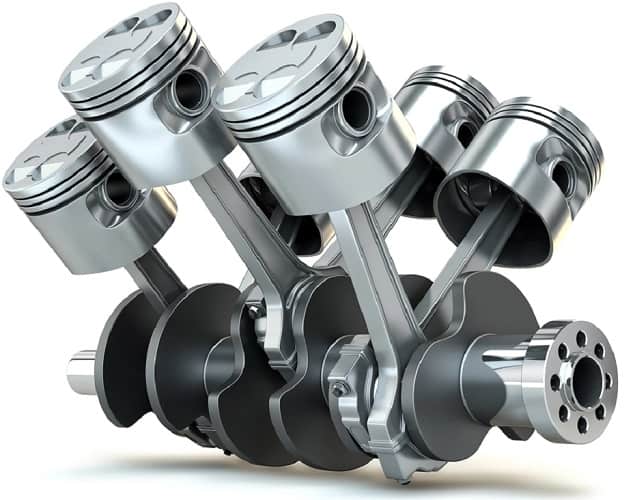
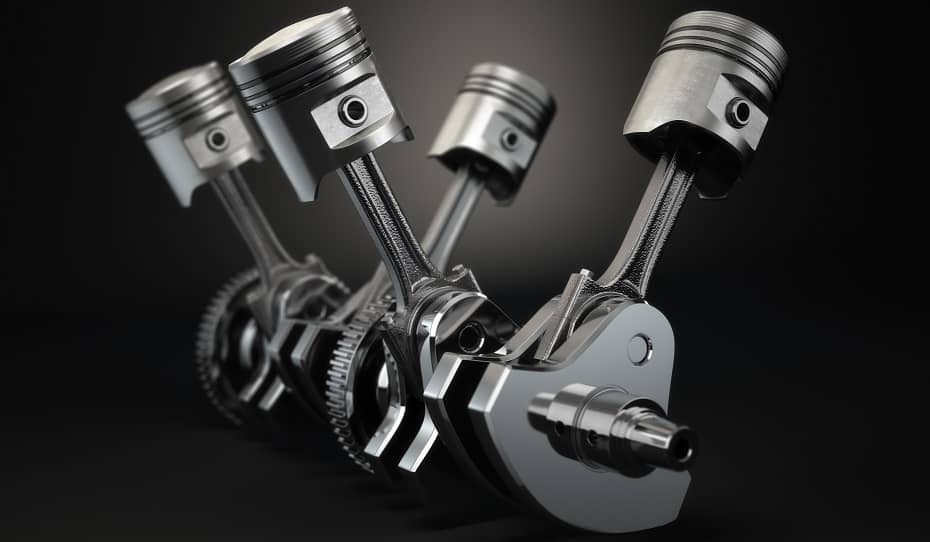
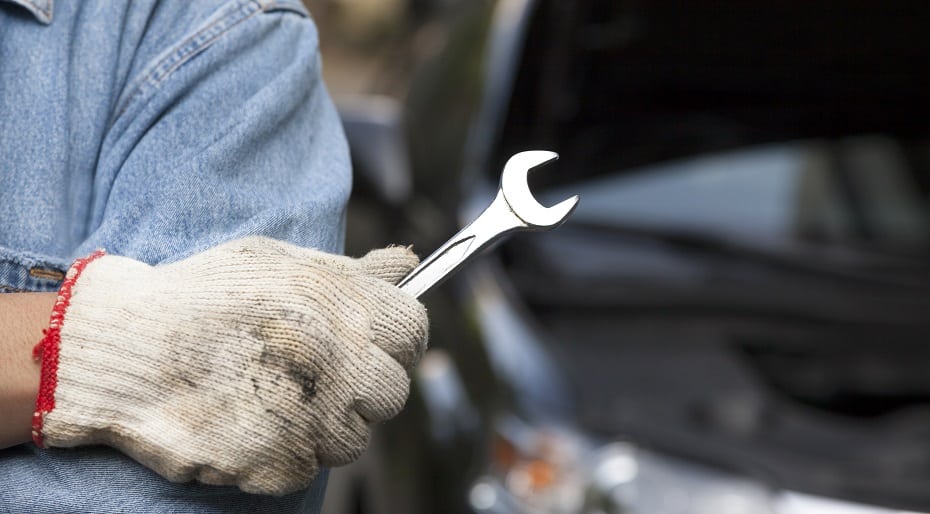
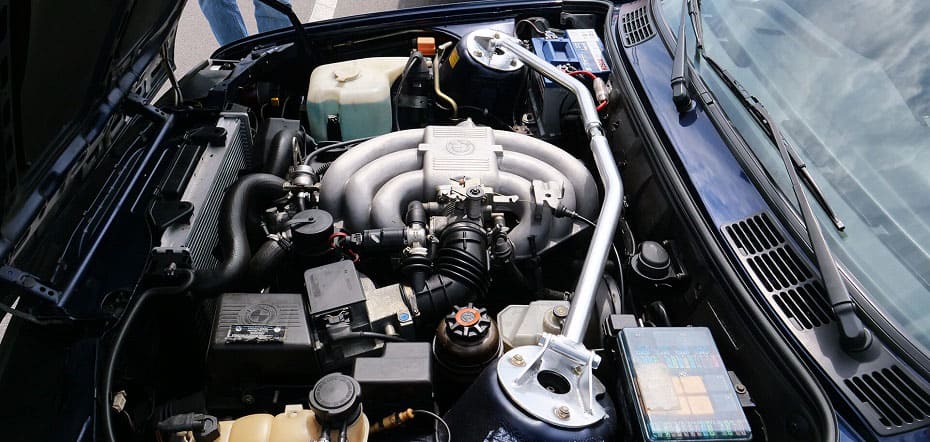
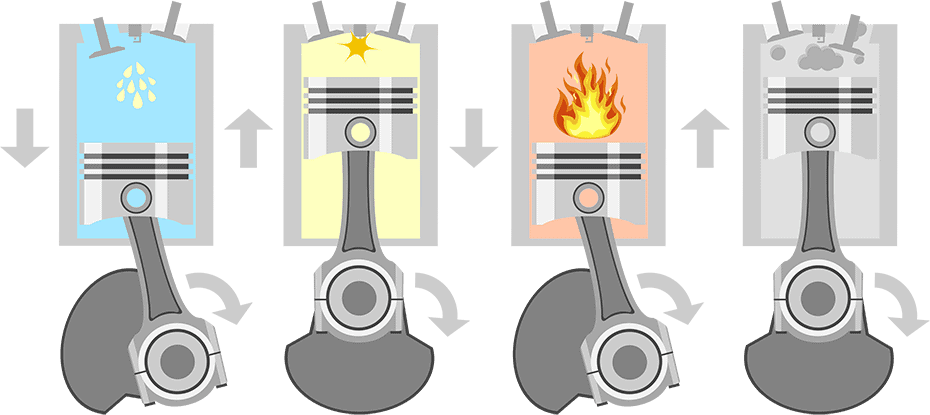
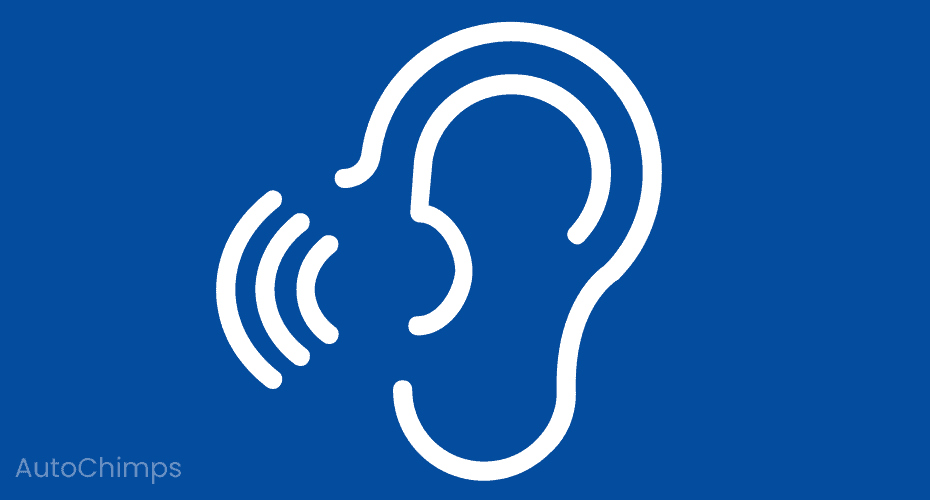

Piston Slap: What It Is and What to Do About It
Piston slap is that annoying noise when a piston starts to rattle around in the cylinder instead of moving smoothly. It’s a sign that the engine’s not in great shape. While it might hang on for a bit longer, the best move is usually to consider an engine rebuild or even a whole new ride.
How Does an Internal Combustion Engine (ICE) Work?
Let’s break it down: an internal combustion engine, like the one in a car, is a pretty straightforward yet complex piece of machinery. Despite all the tech advancements, the basic design has stayed the same since the 1800s.
Car engines, known as four-stroke engines, work differently than the two-stroke engines found in mopeds or lawn equipment. A four-cylinder engine is the easiest to visualize, so let’s roll with that.
The Four-Stroke Engine Process

Here’s how it goes down:
- Intake Stroke: The piston moves down, and the intake valve opens, letting air and fuel into the combustion chamber.
- Compression Stroke: The piston rises, compressing that air-fuel mix.
- Power Stroke: A spark plug ignites the mixture, sending the piston back down with a bang, generating horsepower.
- Exhaust Stroke: The piston moves up again, pushing out burnt gases through the exhaust valve, and the cycle starts over.
At 3,000 RPM, the engine is completing that four-stroke cycle 50 times a second. That’s some serious action!
What Does a Piston Do in a Car Engine?

The piston is a big player in this game. It creates the pressure needed for intake and exhaust strokes, compresses the air-fuel mix, and absorbs the energy from the explosion. This all happens thousands of times a minute, which is pretty impressive considering how long engines can last.
But here’s the catch: pistons take a beating. They rub against the cylinder walls, and over time, both can wear down. That wear and tear is usually what leads to piston slap—a sign that the engine is aging and needs attention.
What Is Piston Slap? – Symptoms of Piston Slap

Diagnosing piston slap can be tricky, but it’s mainly about the sound. If there’s a rattling noise, especially at idle or when lifting off the throttle, that’s a red flag.
Also, keep an eye on the exhaust. If the piston rings are worn, oil might sneak past and burn, creating blue smoke. If that’s happening, it’s a clear sign something’s up. But even if there’s no smoke, those rattles are a sure sign of trouble.
Newer cars are less likely to have this issue, thanks to advanced tech and knock sensors that help manage engine noise.
Could the Knocking Sound Be Something Other Than Piston Slap?

A knocking sound could be caused by various issues, not just piston slap. Before jumping to conclusions, it’s smart to get a full diagnosis from a mechanic. Other culprits could include:
- Low octane or poor-quality gas
- Rod knock
- Misfires
- Ignition timing issues
- Bad spark plugs
- Carbon deposits
- Lean or rich fuel mixture
- Faulty knock sensor
Before diving into an engine rebuild, consider some basic maintenance. A fresh set of spark plugs or a fuel additive might just do the trick!
Can You Fix Piston Slap?

The only real fix for piston slap is an engine overhaul. A mechanic will likely start with a compression test to see what’s going on inside.
If the cylinder walls are too worn, it might be time for a new engine. Piston slap usually means the piston and rings need replacing, but if the engine block is damaged, it’s game over for that engine.
Will Piston Slap Damage My Engine?

Yes, piston slap will wear down the engine faster. It’s not just a minor issue; it’s a sign that something’s wrong. Ignoring it could lead to bigger problems down the road.
While the sound might be annoying, some might choose to live with it for a while. But it’s better to tackle the problem sooner rather than later to avoid a complete engine failure.
Is Fixing Piston Slap Worth It?

So, is piston slap bad? It’s a sign of an aging engine, but it doesn’t mean the car is done for just yet. However, acting quickly can help preserve the engine’s life.
Engine rebuilds aren’t cheap—expect to shell out between $1,500 and $2,000. Parts might only cost a couple hundred bucks, but labor adds up fast. For rare or luxury cars, costs could soar to $4,000 or more.
So, is the car worth that much? Or would it make more sense to scrap it and put that cash toward something new? That’s the real question.

![Understanding Piston Slap: Should You Be Concerned? [2024 Guide]](https://autocheep.com/wp-content/uploads/2025/07/What-Is-Piston-Slap-Here-Is-What-It-Is-And-If-You-Should-Worry-1024x576.jpg)
